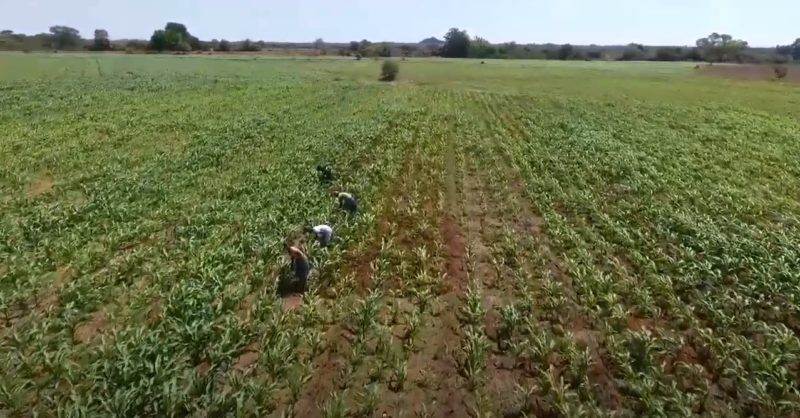Turning water into work
A smart mix of knowledge sharing, business training and solar powered irrigation is helping the women farmers of Zimbabwe increase their food production and their income.
A smart mix of knowledge sharing, business training and solar powered irrigation is helping the women farmers of Zimbabwe increase their food production and their income.
The Challenge
Most of the rural population in Gwanda and Motobo districts rely on agriculture for their livelihoods. Farming has always been a challenge in this arid region. But climate change, poor quality soil and little access to energy for irrigation makes the everyday tasks of female farmers even harder.
The Ingenious Solution
Taking a more rounded approach to supporting Zimbabwe’s smallholder farmers, we’re setting up services to improve irrigation, soil condition and crop yields.
This project is funded by the Isle of Man Government through its International Development Partnerships.
